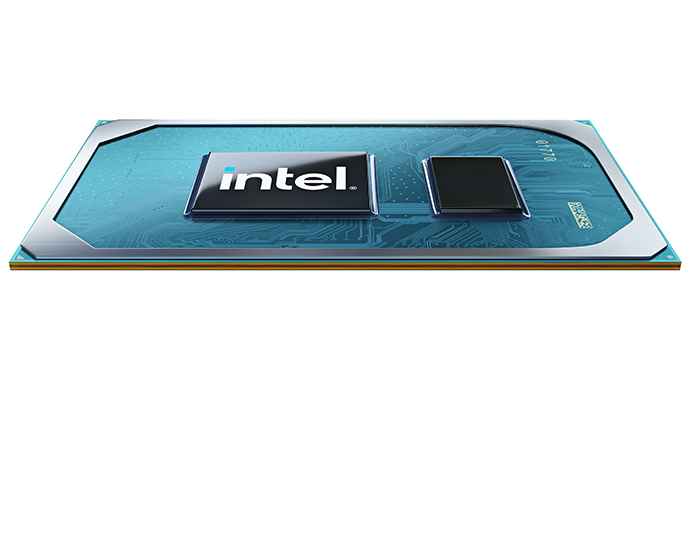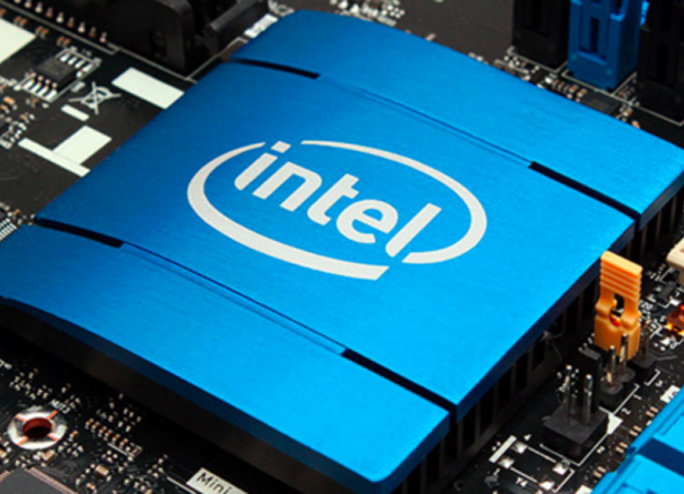Intel is being attacked in both the United States and in China, after a letter to its suppliers provoked a backlash on Chinese social media platforms.
Just before Christmas Intel wrote to its suppliers, warning them not to source products or labour from the Xinjiang region of China.
When details of Intel’s annual letter became public, it provoked a backlash with many calls on Chinese social media platforms for a boycott of the American chip giant.

Intel’s redaction
Intel’s letter to suppliers said it had been “required to ensure that its supply chain does not use any labour or source goods or services from the Xinjiang region”, following restrictions imposed by “multiple governments.”
But when the matter became public, Intel quickly issued an apology for the “trouble” it had caused, saying its commitment to avoid supply chains from Xinjiang was an expression of compliance with US law, rather than a statement of its position on the issue.
And now Reuters has reported that an inspection of the annual letter has revealed Intel has deleted all references to Xinjiang, and indeed China.
The letter now reads that the company prohibits “any human trafficked or involuntary labour such as forced, debt bonded, prison, indentured, or slave labour throughout your extended supply chains.”
Intel did not immediately respond to a request for comment, but its move demonstrates the tricky position businesses are now confronting if any part of their supply chain is located in Xinjiang.
Xinjiang controversy
The United States, the United Kingdom, Canada and others last year accused China of widespread human rights abuses and forced labour camps in Xinjiang, which is home to the country’s predominantly Muslim Uyghurs and other Muslim groups such as the Kazakh and Kyrgyz ethnic minorities.
The United States has labelled China’s treatment of ethnic Uyghurs and other Muslims in Xinjiang as genocide.
Indeed, the United States, the UK, Canada and Australia have announced a diplomatic boycott of the Beijing Winter Olympics in February over the issue.
UN experts and rights groups estimate more than a million people have been detained in camps in the region.
However Beijing has repeatedly denied abuses in Xinjiang and insists its policies are design to combat extremism.
Intel criticism
Besides facing criticism in China, Intel has also been attacked a US Senator, namely Republican Senator Marco Rubio.
Rubio was one of four US politicians who introduced the Uyghur Forced Labor Prevention Act last month calling for a ban on imports from Xinjiang over allegations of forced labour there.
On 23 December, US President Joe Biden signed the act into law.
“Intel’s cowardice is yet another predictable consequence of economic reliance on China,” Rubio was quoted by Reuters as saying in a statement on Monday.
“Instead of humiliating apologies and self-censorship, companies should move their supply chains to countries that do not use slave labour or commit genocide.”
Intel is not the only company caught out by the Xinjiang issue.
Tesla has also been heavily criticised by US politicians, civil rights groups and trade associations.after it opened the showroom in the region’s capital city of Urumqi on New Year’s Eve.





